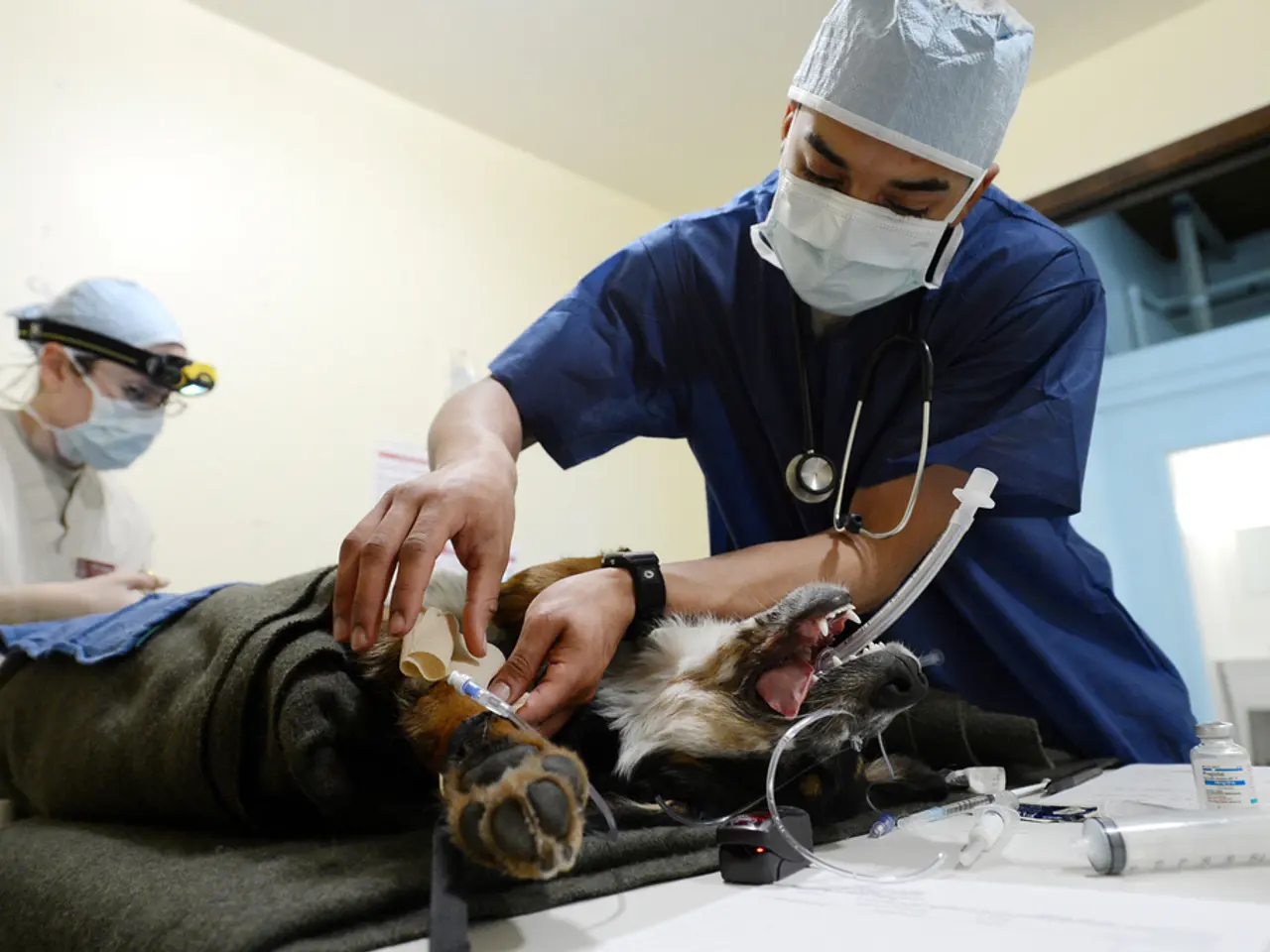Urostomy: Various Types, Surgical Procedures, Post-Operative Care, and Adjusting to Daily Life
In a urostomy procedure, the bladder is bypassed, and a new opening (stoma) is created in the abdomen to divert urine. This surgical intervention is often necessary for individuals with damaged or removed bladders due to conditions such as bladder cancer, neurological dysfunction, congenital anomalies, chronic bladder inflammation, spinal cord injury, or chronic bladder infections.
Living with a urostomy can present several long-term effects and complications, both physically and psychologically. Physically, individuals may experience ongoing stoma care needs, risk of skin irritation around the stoma, and susceptibility to urinary tract infections (UTIs) since the urinary tract is diverted but still present. Nutritional and digestive changes may also occur, necessitating careful dietary management to avoid blockages, gas, odor, diarrhea, or constipation.
Mentally, people might struggle with body image, decreased self-esteem, and emotional distress related to living with a permanent stoma. Socially, living with a urostomy may reduce participation in work, social activities, and travel, and it can affect relationships due to the management demands and lifestyle adjustments required.
Some additional long-term complications include skin problems, which affect around 73% of ostomy patients, urinary tract infections, and psychosocial impact. Effective stoma education, continuous care, emotional support, and regular medical follow-up are crucial to minimizing complications and maximizing quality of life for people living with a urostomy.
A person can use a variety of tools and resources to manage their urostomy, such as tape or a specialized belt to help keep the bag in place, a night drainage system for uninterrupted sleep, and support groups like those offered by the United Ostomy Associations of America. Urostomy bags should fit securely and discreetly under clothing, allowing individuals to maintain their usual social interactions, date, conceive, and engage in sexual activities.
During surgery, the surgical team will make an incision and proceed with the procedure after the person receives general anesthesia. The healthcare team will provide in-person instructions in the hospital and send instructions home with the person, explaining how to take care of their bag and stoma at home. A person will require a pouch to collect urine as they will not be able to stop it from exiting the stoma. There are different types of pouches, including the Kock pouch, Indiana pouch, Mitrofanoff procedure, and ileal neobladder.
Through proper management and support, many individuals lead active lives despite these challenges. For instance, a person can travel without restrictions, participate in most sports, and even shower with or without the pouch. However, they may want to use caution when playing a full-contact sport. During recovery, a healthcare professional will show the person how to care for their pouch system and stoma, and the person will continue healing at home for about 4-6 weeks.
It's important to note that while insurance may cover a significant portion of the costs associated with a urostomy, individuals may still need to pay their full deductible as well as copays and other fees. Some urostomy pouches may require daily changing, while others need to be changed every few days. If a person notices spots of blood, they should not be concerned, but if bleeding does not stop quickly, they should call a doctor or ostomy nurse.
By being aware of these long-term effects and complications and taking proactive steps to manage them, individuals living with a urostomy can lead fulfilling lives and maintain their quality of life. Resources like the ConvaTec Great Comebacks Community can help connect people with low-cost supplies, providing additional support during this journey.
- Living with a urostomy can lead to chronic kidney disease due to the increased risk of urinary tract infections and the diverted yet still present urinary tract.
- Individuals with a colostomy may have to manage medical conditions related to chronic diseases, such as Chron's or inflammatory bowel disease, due to the surgical diversion of their digestive system.
- To maintain health and wellness while living with a urostomy, therapies and treatments like dietary management, stoma care, and emotional support are essential.
- Science has advanced the field of medical-conditions and procedures, developing alternatives like the Kock pouch, Indiana pouch, Mitrofanoff procedure, and ileal neobladder for urostomy procedures, offering more options for effective and discreet urinary diversion.




